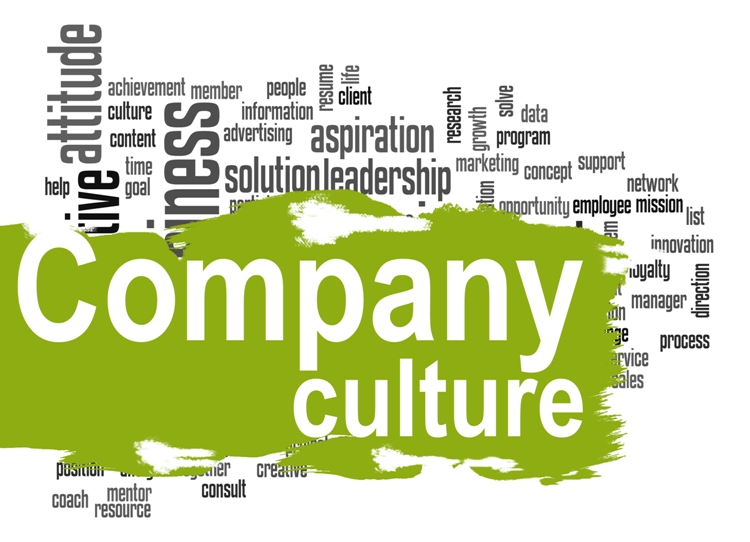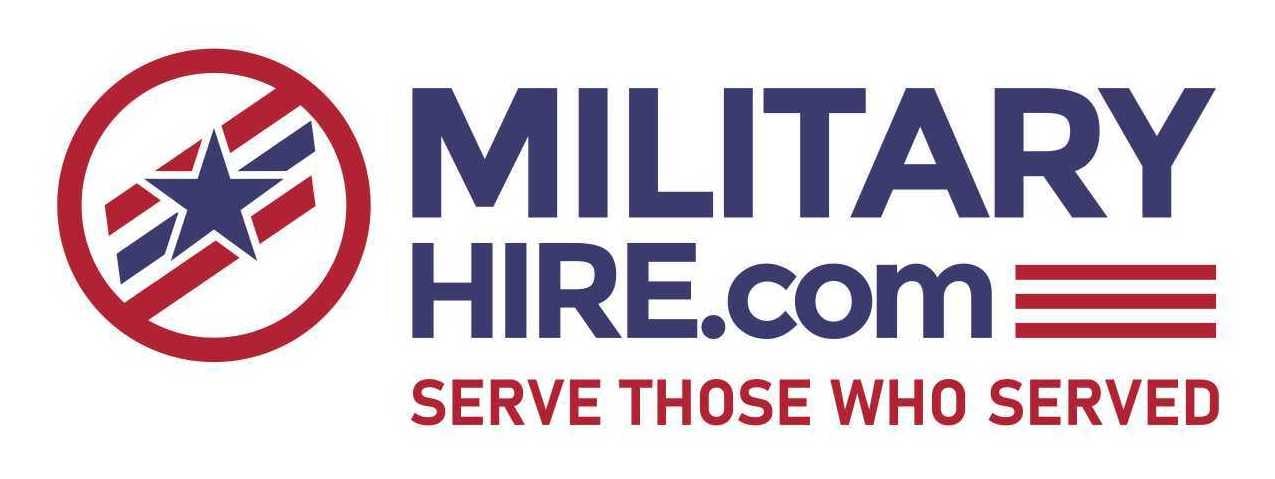How to Assess Company Culture

Questions to Ask in a Job Interview to Get a Good Sense of Company Culture
There comes a time at the end of most job interviews when the interviewer(s) will turn to the interviewee to ask a final question: Do you have any questions for us?
This is a very important part of any job interview. It’s your opportunity to explore issues that are important to you. Don’t think of the job interview as simply an opportunity for the employer to determine if you are a good fit; it’s also an opportunity for you to determine if the company will be a good fit for you.
That’s to get to the notion of culture. Or, to put it simply, “the way things are done around here.”
Organizations will have unique cultures, some which you will feel aligned with, others which may make you feel like a square peg in a round hole. To avoid a culture mismatch, use the time at the end of the interview to ask some specific questions designed to help you get a better sense of the culture, and whether it’s a good fit for you.
But, First, Clarify Your Culture Preferences
The responses to your questions won’t be meaningful if you haven’t taken the time to clarify, in your own mind, the type of culture that you prefer. Do you like a fast-paced culture where managers have high expectations of employees, turnaround times are tight and feedback is direct? Or do you prefer a more laid-back culture? Do you crave a culture where your input will be sought and your ideas acted upon? Do you want to work in a collegial environment where employees often interact with each other outside of normal work hours? Do you prefer a mission-driven culture with an organization that is poised to make a difference in an area that’s important to you?
There are no right or wrong answers here. It’s important, though, to take the time to consider what really matters to you so that when you ask your questions, you can evaluate the responses against your list of “must haves.”
Questions Designed to Glean Relevant Insights
Lisa Sansom, a coach and consultant with LVS Consulting, advises against simply asking: “What is the culture like?” Instead, job candidates should ask probing questions designed to give them insights into the culture. For example, she suggests:
- What does a good day look like in your world?
- What can you tell me about people who get successfully promoted?
- What do people tend to do on their lunch hour?
Bob MacReynolds is vice president of Cutwater Dynamics, Inc. He’s been involved in search and recruiting for 19 years and counsels candidates before every interview to ask questions to get a better insight for the company. These, he says, are some of his favorites:
- You’ve been working here for X years; tell me what makes it exciting to come to work every day?
- Every company has their own unique culture and style. Given your experience in the workforce as a whole, what’s the best part of the company culture here and what is the most challenging part of the company culture?
- Tell me about your decision to join the company. What made you excited about coming here? In your first 12 months on the job, what did you see that reinforced your decision to join this company?
- Regardless of who you hire for this role what do you think that person will say is the best part of the job after their first 6 months, and what do you think that person will say is the most frustrating part of the job?
Don’t limit your questions only to those you interact with formally during the interview process. Sansom suggests asking other people who work at the company, or previously worked there. “No one knows the culture like someone who was part of it,” she says. “You can often find these people on LinkedIn—or ask HR for people you can talk with, but be aware they will likely give you the positive, loyal employees.”
Not What They Say, But What You See
In addition to asking questions to gain insights into a company’s culture, it’s important to do some visual reconnaissance. “You can learn a lot just by going through the interview process,” Sansom says. “Keep your eyes and ears open.” Ask to take a tour of the workplace, she suggests. “See how people are sitting, interacting, talking with each other, working. That may say more about company culture than anything else.” Even little things can send big signals:
- Do employees have personal items on their desks or walls?
- Do you see people interacting with others, or is everybody at their desks or behind closed doors?
- Do they have food and beverages at their desks?
- What kind of artwork is on the walls? What kind of music is playing in the hallways or elevators?
- If possible, stop by the company at the beginning or end of the work day. Do employees rush out of the building at 5:00 sharp, with their heads down, or do they trickle out in small groups, chatting with each other?
Finally, says Sansom, the interview process itself can be very revealing. “Did the company get back to you about any questions that you had? Did the interview run on time? Were people polite and helpful? Did they offer you water to drink in the interview? Who was on the interview panels—was it all HR and leadership, or were company employees—those you’ll be working with—involved? How did the front desk or front office staff treat you when you came in? Were people generally friendly or more standoffish?”
As a veteran, what they do or don’t say about your service can also be very telling.
Culture matters—to employers, and to employees. Both want to find the best fit. Following the tips above can help you learn more about whether the places you’re interviewing would be a good fit or a mismatch. Ultimately, you’ll be glad you took the time to find out.
MILITARYHIRE HAS JOBS FOR VETERANS
Three steps to success:
-
Sign Up. You’ve served your country. Now let us serve you. Sign up now—it’s free, quick, and easy.
SIGN UP TODAY -
Post Your Resume. Be found by hundreds of veteran friendly companies—post your resume! Don’t worry if it’s not perfect—you can easily update it later!
POST YOUR RESUME - Search Jobs. Don’t wait for companies to find you. Set up automated Job Scouts to scour our database and notify you of new jobs.
